Do Houses With No AC System Need Ventilation?
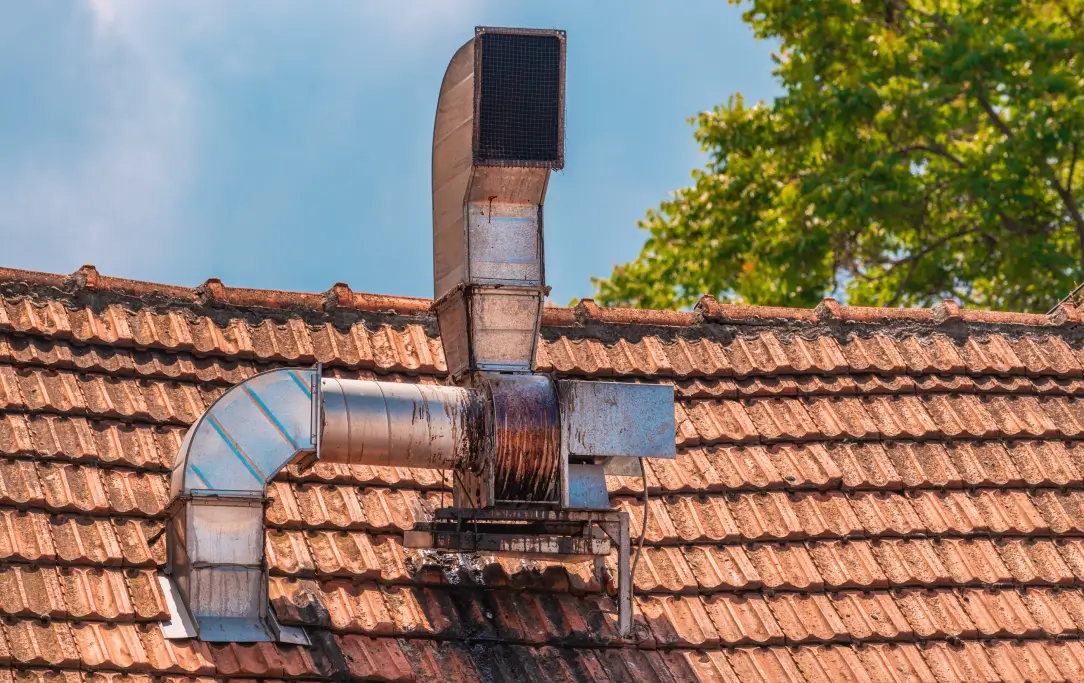
In the age of modern comfort, air conditioning (AC) systems mostly talk about indoor air quality and temperature regulation. Living in a house without air conditioning can feel uncomfortable, especially during hot weather. Ventilation is important for keeping the air fresh and the home comfortable. Without it, homes can become hot, humid, and unhealthy. However, not all homes have an air conditioning system. Some homes use other methods to regulate airflow and provide a comfortable living environment. The question arises: do houses with no ac system need ventilation? The answer is yes. Proper ventilation is essential for keeping a healthy and comfortable indoor atmosphere, regardless of whether an air conditioning system is installed.
In this guide we will look at the importance of ventilation, its benefits, and practical options for houses with no ac system.
Why do houses with no AC system need ventilation?
Houses without air conditioning need ventilation to stay livable. Without proper airflow, the air inside gets stale, trapping heat, moisture, and pollutants. This can lead to bad smells, mold, and even health problems. Ventilation helps to remove these issues and makes the house feel cooler.
For instance, opening windows is a common way to ventilate homes. This allows fresh air to replace old air. Another good option is using window AC ventilation, which lets air flow in and out while cooling parts of the house.
Why Ventilation is Important?
- 90% of our time is spent indoors, making indoor air quality crucial for health.
- Poor ventilation increases the risk of allergies and asthma by 30%.
- Homes with high humidity are 50% more likely to develop mold.
Benefits of Proper Ventilation
- 20% reduction in indoor pollutants with good airflow.
- Can lower indoor temperatures by up to 5°C with natural ventilation.
- Reduces humidity by 30%, preventing mold and mildew growth.
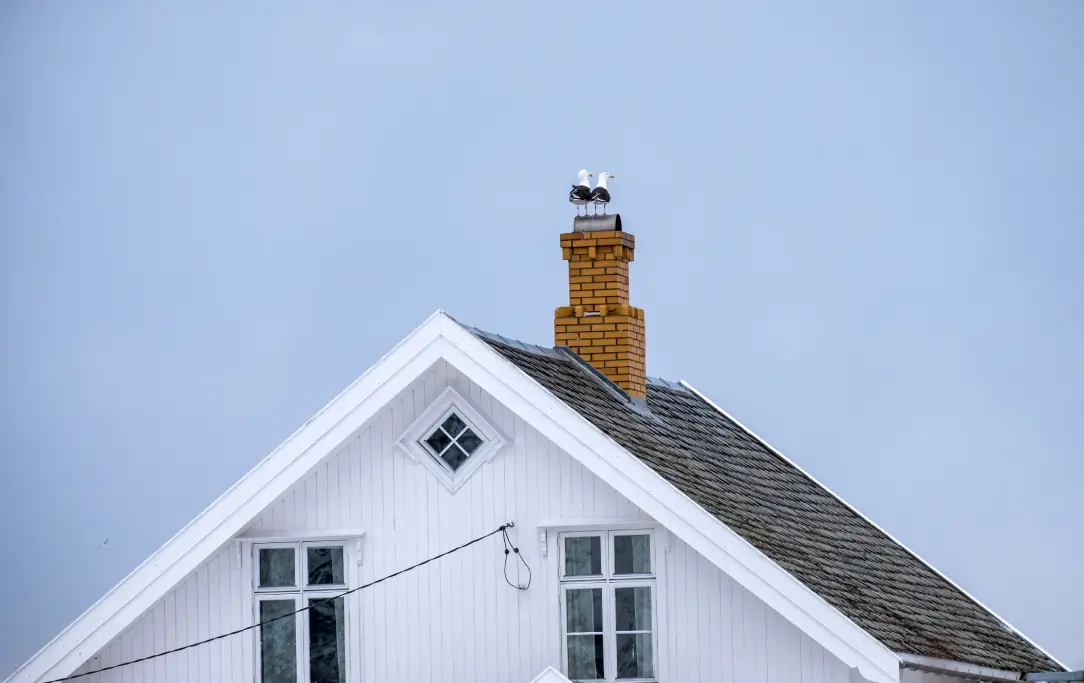
Signs That a Home Needs Better Ventilation
If you have no AC system in your home, be on the lookout for these indicators of poor ventilation:
- Concentration on Windows: Excessive indoor dampness is indicated by persistent fogging or water drops.
- Moldy Smell: This is often a sign of mold or mildew caused by poor airflow.
- Hot and Stuffy Rooms: A lack of air circulation can lead to irregular temperature distribution.
- Health Symptoms: Common headaches, allergies, or respiratory issues might be linked to poor air quality.
Natural Ventilation
Natural ventilation is the easiest and cheapest way to improve airflow. It simply means letting outdoor air come inside by opening windows or doors. Cross-ventilation works best. This happens when you open windows on opposite sides of your home, allowing air to move through the space.
However, this method depends on outdoor weather. On very hot or rainy days, open windows might not work well. Dust and bugs can also enter. Using window AC ventilation can solve these problems by filtering the air while still keeping it fresh.
Mechanical Ventilation Options
If opening windows is not enough, you can try mechanical solutions. Exhaust fans in the kitchen and bathroom remove bad smells and moisture. Attic fans or whole-house fans can cool down the home and keep air moving. These systems are affordable and effective.
Window AC ventilation systems are another great option. They are small, easy to install, and provide both cooling and airflow. While they may not cool the entire house, they can improve air quality in specific rooms.
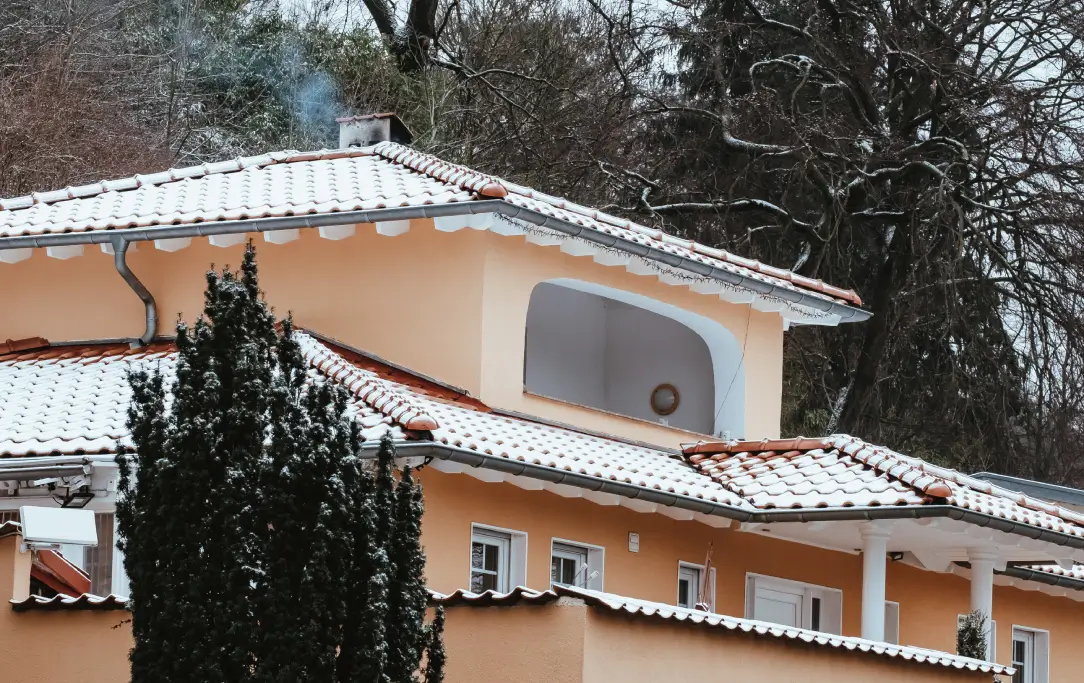
Practical Tips for Ventilating Homes Without AC
Use Ceiling Fans
Ceiling fans improve airflow and make rooms feel cooler by promoting air circulation.
Install Window Fans
Window fans can help draw fresh air into the house or eject stale air, depending on their placement.
Open Windows Strategically
Open windows during cooler parts of the day, such as early morning or late evening, to bring in fresh air.
Add Ventilation Holes
Roof or wall holes can help to escape hot air stuck inside the home.
Consider Portable Air Purifiers
While not a direct ventilation approach, air purifiers can assist improve indoor air quality by eliminating airborne pollutants.
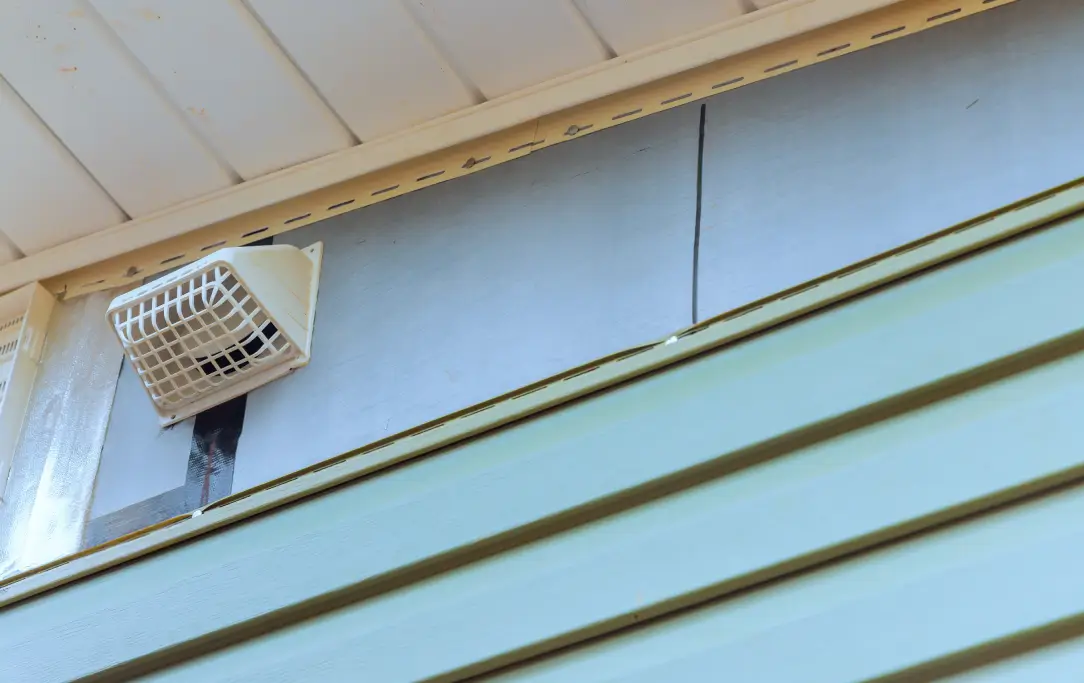
The Role of Insulation and Sealing in Ventilation
Proper insulation and sealing go hand in hand with ventilation. While ventilation improves airflow, insulation prevents excessive heat gain or loss, which reduces the need for regular airflow adjustments. Here’s how they complement one another:
- Sealed Cracks: Avoid unpleasant drafts while maintaining controlled ventilation.
- Insulated Walls and Roofs: Reduce temperature fluctuations, making ventilation efforts more effective.
What Happens Without Ventilation?
- Indoor air can be 2-5 times more polluted than outdoor air.
- Stale air can trap 70% of harmful pollutants like dust, smoke, and VOCs.
- High humidity increases the risk of property damage by 35%
Homes without air conditioning may have major problems if they lack suitable ventilation. High humidity can make the air feel sticky and uncomfortable. This moisture can damage furniture, walls, and floors, causing mold and mildew. Stale air can also increase indoor temperatures, making the house feel hotter.
So the answer for the query, do houses with no AC system need ventilation is Yes. As good airflow is necessary for keeping the home comfortable and healthy.
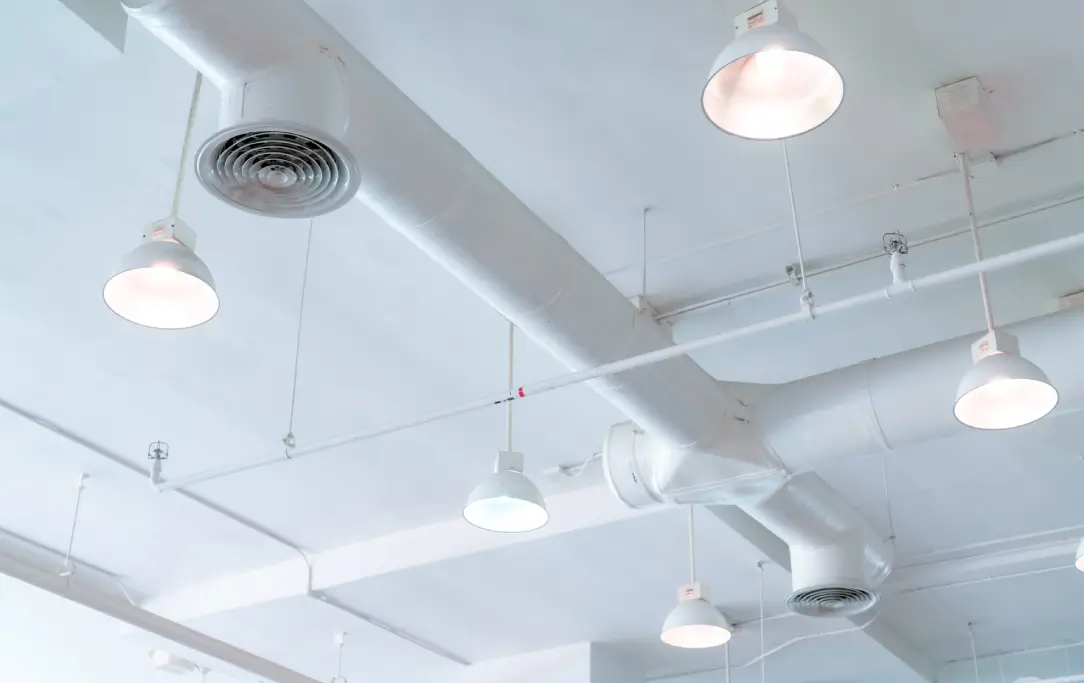
HVAC Options for Old Houses
While houses without air conditioning can lack the cooling capabilities of modern HVAC systems, sufficient ventilation is still required to maintain comfort, air quality, and energy efficiency. Here are some HVAC options for old houses to guarantee appropriate ventilation and climate control:
Ductless Mini-Split Systems
Ideal for homes without ductwork, it provides effective heating and cooling without requiring major changes.
High-Velocity HVAC Systems
Uses small, flexible ducts to keep the home comfortable without compromising its structure or beauty.
Radiant Heating
Works with existing boilers to provide continuous warmth via underfloor pipes or radiators.
Geothermal Heat Pumps
Eco-friendly and energy-efficient, using the earth’s natural temperature to heat and cool.
Window AC Units & Portable Heaters
Cost-effective, providing local cooling and heating without significant installation.
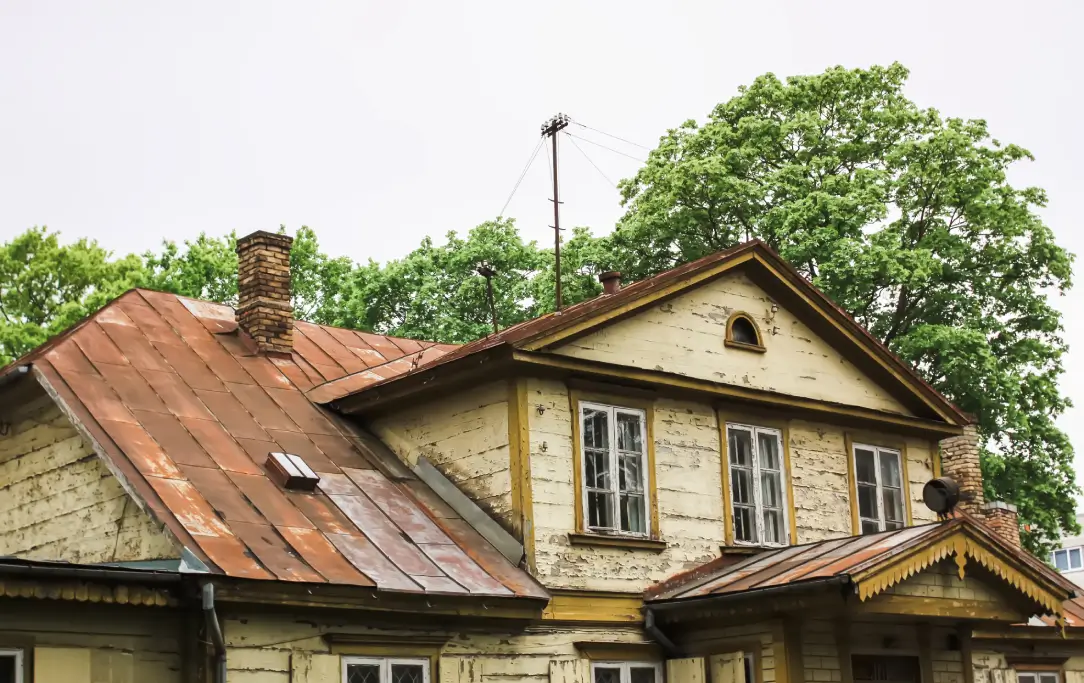
FAQs
How to cool down a room without AC?
To cool a room without air conditioning, use fans to increase airflow, cover shades to block out the sun, apply a damp towel to your skin, and open windows during cooler hours to allow fresh air to circulate.
Why is ventilation necessary if I don’t have an AC system?
Ventilation helps fresh air circulation, regulates humidity, and keeps pollutants from accumulating, all of which are necessary for maintaining a healthy and comfortable indoor environment.
Can opening windows alone provide sufficient ventilation?
Opening windows can provide natural ventilation, but it may not be sufficient in locations with poor external air quality or severe weather. Combining natural and mechanical means is generally preferable.
What’s the difference between ventilation and air conditioning?
Ventilation concentrates on airflow and air quality, whereas air conditioning primarily regulates temperature and humidity. They can collaborate however work for different functions.
Are ventilation systems expensive to install?
The cost varies based on the system. Simple solutions, like exhaust fans, are reasonably priced, whereas whole-house systems or HRV units are more expensive but deliver comprehensive results.
What is a ridge vent on a roof?
A roof ridge vent is ventilation systems made along a roof’s peak to allow warm, humid air to escape from the roof. Ridge vents for roofs improves sufficient airflow, reducing heat buildup and damp accumulation, so avoiding roof damage and improving energy efficiency.
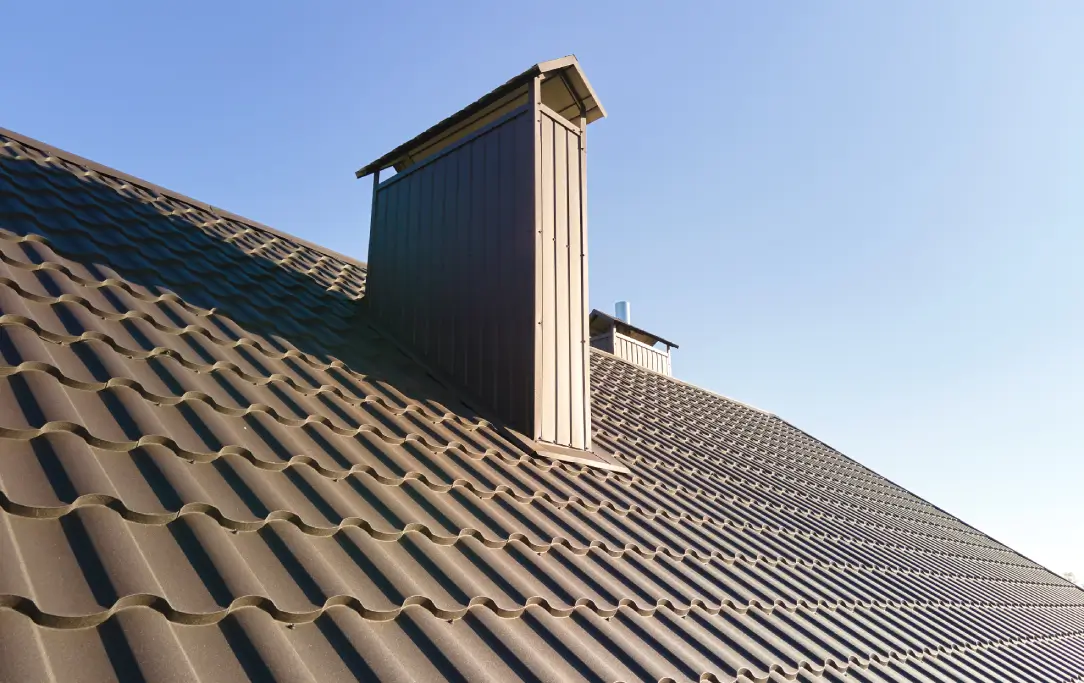
Conclusion
Houses with no AC system need proper ventilation to stay fresh, cool, and livable. Natural airflow, like open windows, is a great start. But if natural methods aren’t enough, options like window AC ventilation or mechanical fans can make a big difference. By ensuring good airflow, you can make your home more comfortable, even without an AC system.




